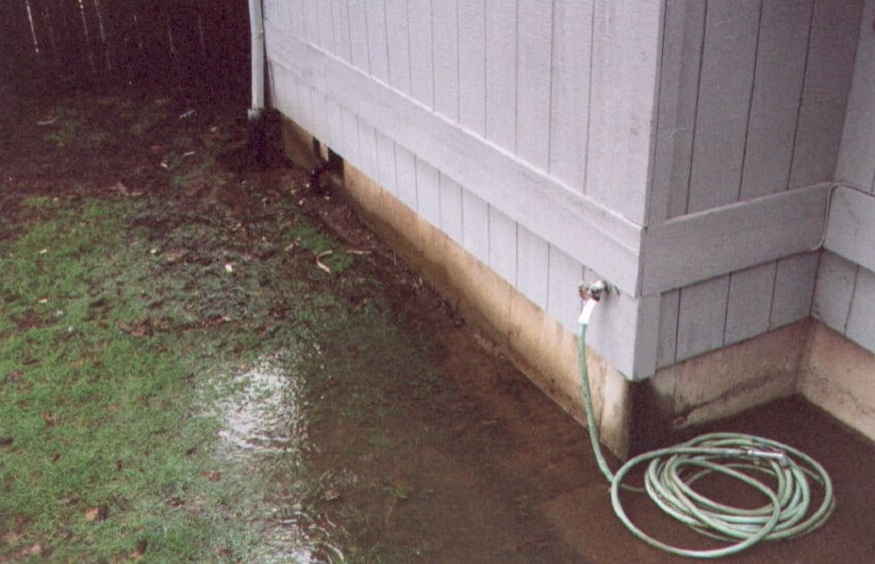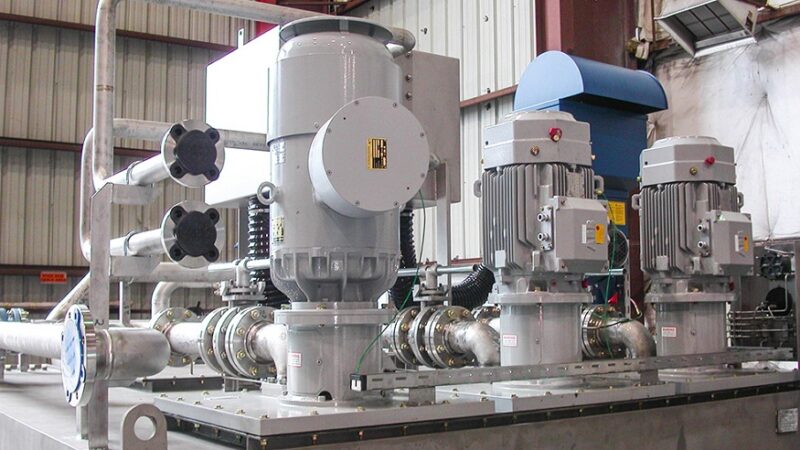How Water Affects Concrete Foundations: Risks and Solutions

Concrete cement and foundations are the bedrock of any building, providing vital build and strength to the structures. Despite its strong durability, these materials are highly volatile towards water and can get easily damaged by it. If left unattended, this water flow can severely damage the cities’ structures and buildings, especially in Mumbai and Pune, as they are prone to frequent monsoon seasons.
Concrete foundations might seem waterproof, but surprisingly, they are porous. Prolonged exposure to moisture can make the water seep through the walls, weaken, and become softer, which is dangerous for the residents. The foundation starts to settle unevenly as the residual water creates an ideal environment for the growth of mould and mildew, which can also cause respiratory issues. The city of Pune often sees heavy rains that can saturate its soil. Hence, it is essential to know the waterproofing contractors in Pune to avoid these calamities in the future.
Concrete weakening is the worst risk associated with extended exposure to water. The entire structure is at risk when the concrete loses its ability to support weight due to increased water absorption. This problem is significant in coastal areas like Mumbai since salt water seeping in can accelerate the foundation’s deterioration. Given these dangers, waterproofing in Mumbai is even more critical to protect structures from the damaging effects of water.
Water threatens concrete foundations severely, but several workable ways exist to lessen the harm. Waterproofing is the first and most apparent precaution. You can stop water from entering the concrete using specific waterproofing membranes or coatings on the foundation. Water pooling and erosion danger are decreased with proper drainage, which helps reroute water away from the foundation. Methods, including sloping the landscaping to slope away from the foundation or adding sump pumps or French drains, can significantly impact the process. A trustworthy drainage system is essential in densely populated areas like Mumbai, where space is limited and water tends to build
Preventing more water damage to structures that already have foundation fissures requires repair. Epoxy or polyurethane sealing these fractures can help strengthen the foundation again and stop more water from seeping in. In Mumbai, where the monsoon season frequently exacerbates pre-existing damage, homeowners can avoid future, more expensive repairs by taking care of these cracks early on.
Water can be kept out of a space using foundation sealants on external and interior surfaces. Coastal cities like Mumbai, where structures are exposed to rain and sea salt air, can be accommodated by this additional layer. Taking this extra precautionary measure can be the difference between a steadily failing foundation and one that is sound for residential and commercial buildings.
A building’s future is invested in when it is waterproofed. Waterproofing is essential in Pune and Mumbai, where erratic weather patterns and seasonal monsoons are common. Pune’s months-long, intense rainfall can saturate the ground, constantly endangering foundations. Buildings in Pune that have professional waterproofing installed will stay sturdy and long-lasting, even during the wettest months of the year.
The city of Mumbai is at a coastal location and prone to heavy humidity and monsoon seasons. The saltwater from the sea can damage the sea-facing apartments and weaken the strength of the buildings. Hence, without professional waterproofing in Mumbai, it will become unsafe for the residents’ livelihood if they do not take safety measures.
The best approach to avoid expensive damage and preserve a strong and healthy foundation for years to come is to address these issues as soon as possible, whether it’s waterproofing in Mumbai to fend off rain and saltwater or waterproofing in Pune to protect against solid monsoons.
In conclusion, if water damage is not addressed, it can seriously harm concrete foundations. Long-term issues, including soil erosion, mould growth, and cracking, are hazardous. However, building owners may safeguard their investments and guarantee the longevity of their structures by implementing preventative measures, including waterproofing, enhancing drainage, and caulking existing breaches.






